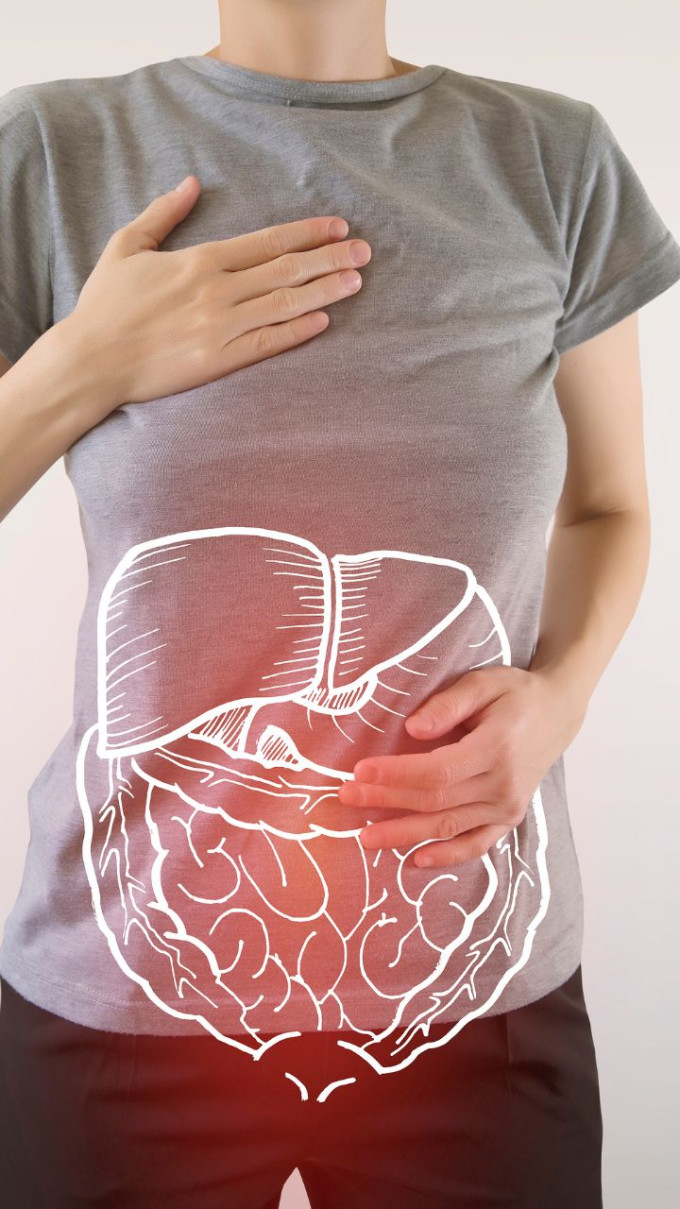Many Indians may have been lactose intolerant without knowing about it
Many Indians enjoy a glass of milk with their meals or a cup of chai, but what if that beloved beverage is causing digestive discomfort? Lactose intolerance, a condition where the body struggles to digest lactose (the sugar found in milk), is surprisingly common in India despite its strong dairy culture.
To understand why it is common in India, first, let us understand what lactose intolerance is. According to Dr Bikky Chaurasia, Consultant of Internal Medicine at Kokilaben Dhirubhai Ambani Hospital, Mumbai, this digestive disorder occurs when your body lacks enough of the enzyme lactase.

“Lactase is produced in the small intestine and breaks down lactose, the sugar found in milk and other dairy products, into simpler sugars (glucose and galactose) that your body can easily absorb. If you’re lactose intolerant, your small intestine doesn’t produce enough lactase, and the undigested lactose passes into your large intestine,” he explained in an interaction with indianexpress.com.
There, bacteria ferment the lactose, causing uncomfortable symptoms like:
- Bloating
- Diarrhea
- Gas
- Abdominal cramps
- Nausea
- Stomach rumbling
These symptoms typically begin 30 minutes to two hours after consuming dairy products and can last several hours.
 Digestive issues, particularly for those who are lactose intolerant, may improve as lactose-related discomfort is alleviated. (file)
Digestive issues, particularly for those who are lactose intolerant, may improve as lactose-related discomfort is alleviated. (file)
A tale of genes and history
Studies like one done in 2011 by the University of Chicago”s Department of Human Genetics suggest a high prevalence of lactose intolerance in India, ranging from 27% to 66% across different regions. This might seem surprising considering India’s status as the world’s largest milk consumer. According to Dr Chaurasia, the answer lies in genetics and historical dietary patterns.
Unlike populations with a long history of dairy farming like Northern Europeans, many Asian populations, including Indians, traditionally consumed little dairy after infancy. This lack of reliance on milk in the past led to a lower prevalence of the genetic variant associated with lactase persistence – the ability to digest lactose efficiently as adults, he said.
India’s milk consumption has significantly increased in recent decades, but the body’s ability to handle lactose hasn’t necessarily kept pace, according to Dr Chaurasia. Lactase production naturally decreases after weaning in most people. So, increased milk intake, coupled with a genetic predisposition towards lactose intolerance, can lead to digestive issues like bloating, diarrhea, and abdominal pain.
Fermentation to the rescue?
Traditionally, Indian diets incorporated dairy products like yogurt and paneer, which are fermented. During fermentation, bacteria break down lactose, making these products easier to digest for those who are lactose intolerant, Dr Chaurasia pointed out. This dietary pattern might explain why some regions in India have a lower prevalence of lactose intolerance.
Living with lactose intolerance
If you suspect you might be lactose intolerant, there are ways to manage the condition. Here are some tips from Dr Chaurasia:
Lactose-Free Alternatives: Opt for lactose-free dairy products or explore plant-based milk alternatives like almond, soy, or oat milk.
Embrace Fermentation: Include fermented dairy products like yogurt and paneer in your diet.
Lactase Supplements: Consider taking lactase enzyme supplements before consuming milk products.
Consult a Doctor: If you experience persistent symptoms, consult a doctor for proper diagnosis and guidance.
By understanding lactose intolerance and its causes, Indians can continue to enjoy dairy in a way that works for their bodies.
Disclaimer: The copyright of this article belongs to the original author. Reposting this article is solely for the purpose of information dissemination and does not constitute any investment advice. If there is any infringement, please contact us immediately. We will make corrections or deletions as necessary. Thank you.
